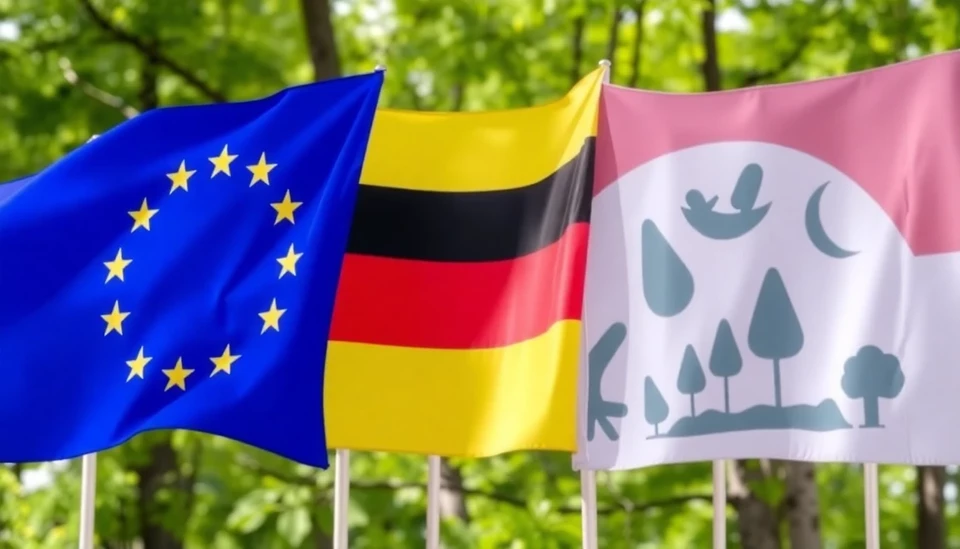
In recent developments, Germany has formally appealed to the European Union to relax certain sustainability reporting obligations, citing the challenging economic environment as its primary rationale. The nation’s call for a reassessment comes at a time when businesses across Europe face mounting pressures from a downturn, particularly in the aftermath of global disruptions and energy crises.
Officials from Germany have expressed concern that the strict sustainability reporting standards, which were designed to enhance transparency and accountability for businesses, may be too burdensome, especially for smaller companies grappling with financial constraints. The federal government argues that while sustainability is crucial, the current climate of economic uncertainty necessitates a more balanced approach that allows businesses to stabilize without the added strain of rigorous reporting procedures.
Germany’s request aligns with a broader conversation within the EU about the balance between environmental responsibilities and economic viability. Many member states have raised similar concerns, highlighting the potential risk of stifling economic recovery and innovation. The German government has proposed a transitional period during which companies could be temporarily exempt from certain reporting requirements, allowing them room to recover while still acknowledging their responsibilities to sustainability goals.
Critics of the current sustainability regulations warn that any significant rollbacks could undermine the EU's long-term environmental goals and its reputation as a leader in climate action. However, supporters of Germany's proposal contend that without immediate support and flexibility, many enterprises may struggle to meet existing demands, ultimately weakening their contributions to sustainability in the longer term.
The EU's response to Germany’s request remains to be seen, but it underscores the tension between robust climate ambitions and the economic realities that many companies currently face. As the conversation evolves, stakeholders across various sectors will be watching closely, hoping for a practical solution that honors both environmental commitments and the socio-economic challenges that lie ahead.
This situation highlights the need for ongoing dialogue among EU member states regarding sustainability practices and the importance of adaptive strategies that allow for growth while promoting ecological responsibility. As environmental sustainability continues to be a priority for the bloc, its approach will need to evolve in a way that supports businesses through turbulent times.
As the EU deliberates this request, many experts emphasize that fostering economic resilience will ultimately enhance businesses' ability to contribute to sustainable practices. Striking the right balance will be essential for ensuring a robust future for both the economy and the environment.
In summary, Germany's request for the EU to ease sustainability reporting requirements reflects a growing awareness of the need for adaptable policies that can respond effectively to current economic conditions while still promoting long-term commitments to sustainability goals.
#Germany #EU #SustainabilityReporting #EconomicDownturn #Sustainability #ClimateAction #BusinessSupport
Author: Victoria Adams




